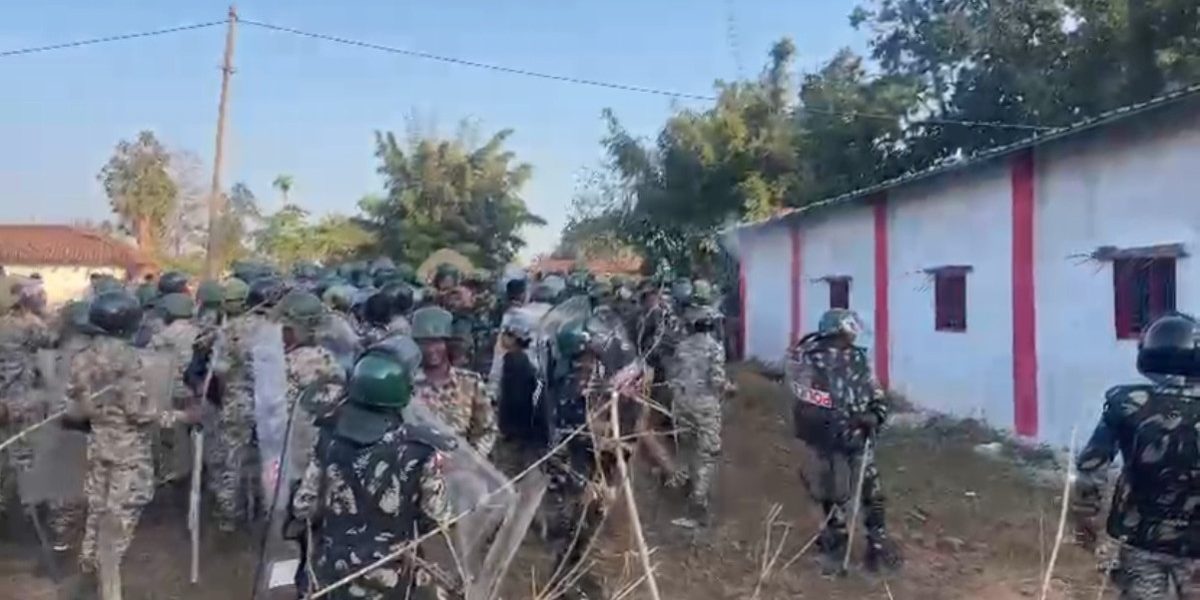- AIMPLB will be filing a review petition against SC verdict on Ayodhya dispute
- The Muslim parties have also decided to reject the 5-acre alternate plot
- The decision was taken after Jamiat’s working committee gave its nod for filing the review petition
The All India Muslim Personal Law Board (AIMPLB) will be filing a review petition against the Supreme Court verdict on the Ayodhya dispute. Maulana Arshad Madani said on Sunday after a meeting of the board that although they do not have much hope, a review petition will be filed.
AIMPLB has also decided to refuse the 5-acre alternative plot of land that the Supreme Court has asked the Centre to allot for a mosque. AIMPLB said that senior advocate Rajeev Dhawan will advocate the case. “Will file a reconsideration petition within 30 days [before December 9]” Zafaryab Jilani said.
“The land of the mosque belongs to Allah and under Sharia law, it cannot be given to anybody,” AIMPLB secretary Zafaryab Jilani told reporters after a meeting of the board in New Delhi.
“The board has also categorically refused to take five-acre land in Ayodhya in lieu of the mosque. The board is of the view that there cannot be any alternative to the mosque,” Jilani added.
Coming out of a meeting of the AIMPLB, Maulana Arshad Madani of Jamiat Ulema-e-Hind said, “Despite the fact that we already know that our review petition will be dismissed 100%, we must file a review petition. It is our right.”
Jamiat Ulama-i-Hind will be filing a review petition challenging Supreme Court’s Ayodhya judgment, said Maulana Arshad Madani on Sunday.
This comes after the All India Muslim Personal Law Board (AIMPLB) held a brainstorming session with different Muslim parties over the Supreme Court verdict in the Ayodhya case to decide whether to go for a review of the top court’s judgement.
“The parties met All India Muslim Personal Law Board general secretary Maulana Wali Rahmani and apprised him of the Ayodhya issue,” Zafaryab Jilani, who is secretary of the board, said.
They said that the Supreme Court decision is “not understandable” and so there is a need to go for a review.
Maulana Arshad Madani said that the Jamiat had asserted that the Supreme Court verdict in the Ayodhya case, based on evidence, will be respected by it. Maulana Madani, however, said the judgment was “beyond understanding”.
The court accepted that placing idols in a mosque and demolishing it is illegal. “But the court gave its decision in favour of those responsible for it,” Maulana Arshad Madani said.
The JUEH president also said that the court has accepted that the Babri mosque was not built by demolishing a temple during Babur’s rule.
On November 3, several office bearers of top Muslim organisations, clerics and intellectuals from the community held a meeting over the Ayodhya case, and asserted that the Supreme Court verdict should be respected by all.
Settling a fractious issue that goes back more than a century, the Supreme Court, in its verdict in the Babri Masjid-Ram Janmabhoomi title case on November 9, said the entire 2.77 acres of disputed land should be handed over to the deity Ram Lalla, who was one of the three litigants in the case.
The five-judge Constitution bench also directed the Centre to allot a five-acre plot to the Sunni Waqf Board in Ayodhya to build a mosque.





